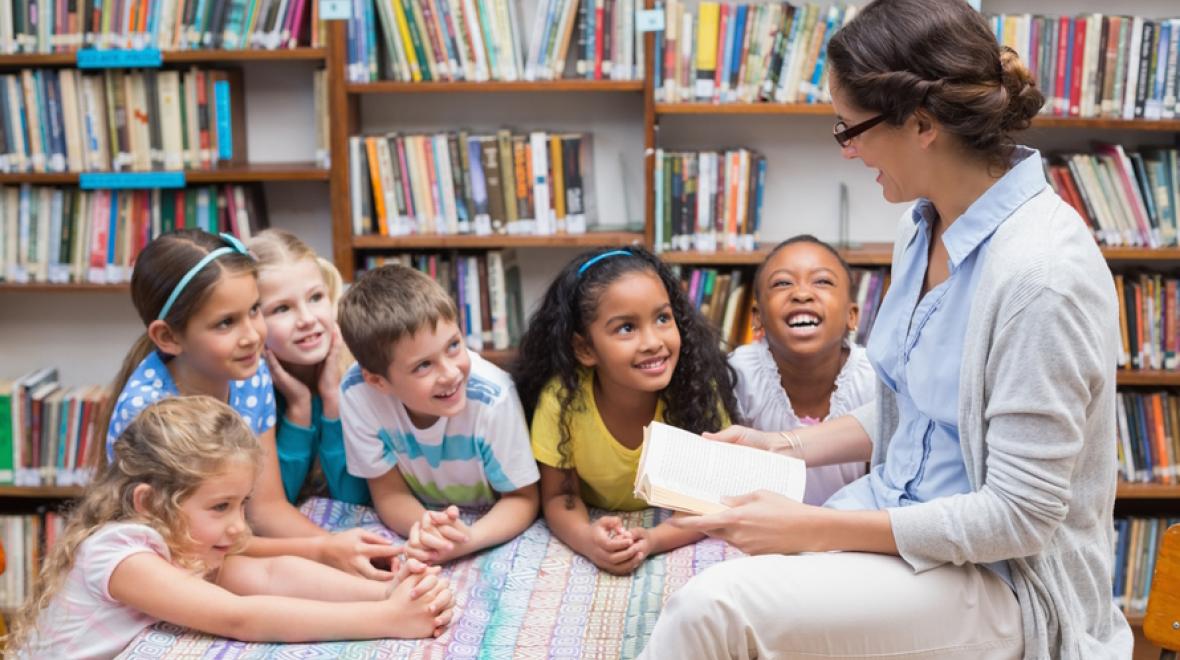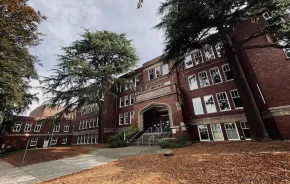
I grew up in a family where there were some things that just weren’t discussed. I was always a voracious reader, always ready to get lost in the next story, and, luckily for me, the answers to my most personal and embarrassing questions were often answered. “Are You There God, It’s Me, Margaret” by Judy Blume found me right when I needed it, and I devoured it in two days, hungry for the story of someone who was going through what I was — or would be soon. It dawned on me then: If this book could help answer questions I had, there had to be other books out there with answers, too.
The next day I wandered the aisles of my school library, too embarrassed to ask a simple question — “Where are the books about puberty?” — to my librarian. Fortunately for me, school librarians are understanding and quite clever, and our school’s nonfiction section had clear labels, pointing students in the direction of books they might find helpful.
Computers, religion, sports, earth science … better keep going. Onto fossils, health, human physiology … personal health … I was on the right track. After a few minutes of searching, there it was, shining like a bright beacon of hope on the shelf. I looked over each shoulder to make sure no one was looking and plucked “The Care and Keeping of You,” from the publishers at American Girl, off the shelf. I hurried to the counter to check it out, and although I can’t remember her name, I’ll never forget how easy my school librarian made the whole transaction. No judgment, no questions. She took the book from my hands, scanned it and handed it back. She didn’t rush me as I hurried, sweating and red-faced, trying to unzip my backpack and hide my contraband.
That experience is a core memory for me. It was the moment I realized what a library could be, and I knew, no matter what, that I would always be able to independently find answers to the questions I had. The world has changed since then, yet it is the same as it ever was. There are still children everywhere looking for answers to questions but don’t know whom to ask — or are too embarrassed to ask. However, there is one major difference: Now, more than 25 years later, there is our friend the internet.
We have the world at our fingertips through academic databases and encyclopedias, but do our children know how to find what they need — and want — to learn more about? Although the landscape is different, the concept is the same: the right and ease of access to education. Students today are faced with ever-changing technology and are expected to know how to identify misinformation. The internet and social media are landmines of biased sources, artificial intelligence and questionable data. It is a school librarian who can support students as they navigate the unknowable future of the internet and research.
School librarians are advanced educational experts with specific training in locating and synthesizing information. They help students find unbiased, educationally sound resources to support their learning, all while covering multiple literacies (visual literacy, information and media literacy, and technology literacy, just to name a few). School librarians are invaluable to classroom teachers, helping support them by finding specific resources and supplementing classroom libraries. Librarians also benefit school communities by hosting events for students and parents, from literacy nights and game nights to curriculum nights. They might also lead workshops for parents, run book clubs for students and parents, and host students in the library for recess. School librarians are experts in children’s literature, able to make specific recommendations based on a student’s reading level or their likes and dislikes. Their position of neutrality in a school makes them a safe support system for students looking to be understood.
School libraries are more than four walls with shelves and books. They provide launching points for self-driven inquiry and research. School libraries are hubs of learning, the heart of their school, the center of media and all educational resources: yes, books, but much more. More important than the resources, however, is the person who can show you how to best use them: the school librarian.
Although school librarians should be treated as indispensable, those who make decisions for schools may not realize their impact. From book banning to defamation lawsuits to eliminating librarians entirely, school libraries are questioned, criticized and defunded every day. As a parent who is also an educator and librarian, and for my younger self, who needed a safe space to find information, here are three things I wish parents would do to advocate for school libraries.
Get to know your school’s library.
Introduce yourself to your school’s librarian and get to know the library itself. You might find information on a school library’s website or library newsletter, but I recommend emailing or even coming in to say hello in person. Librarians are usually pretty friendly! Some things to think about during your inquiry:
- Do they have assistants? Multiple librarians?
- Do they have volunteers? Would they like to have more volunteers? What would they like help with?
- When do they see students?
- What are some topics they cover in their classes?
- How do they decide what books to purchase for the school?
- What is their favorite book to share with students?
By knowing a bit about how the library functions and by getting to know your librarian, you’ll be better prepared to advocate for them. Ask your child for their perspective on their school library, too. What do they like about the library? What don’t they like? Do they find cool things to read about? What would they like to see more of?
Organize your information.
Take what you learn from your school’s librarian and compare it to other schools in the district or area. If your child is in a public school, familiarize yourself with district policies around libraries. Data on school libraries and student achievement are easy to find, and there are many websites that make finding information about school libraries easy. Check out the American Library Association and the Washington Library Association for sample letters, studies and ideas for advocacy.
Take action.
If you think there could be improvements made to your child’s school library, speak up! This will look different depending on the school, but from public to private school, conversations with other parents can get the ball rolling. Consider meeting with your parent association or similar group and share what you’ve found. You might meet with your school’s administrators to ask how they use their school library to support literacy, or how they view the library fitting into their school or district mission statement. You might even decide to write to your school’s administration, write an op-ed for a local paper or even run for your school board. Even better, you might decide to start a parent committee with the sole purpose of supporting your school’s library. There is power in numbers, especially when it comes to groups of parents who are advocating for their child’s education.











